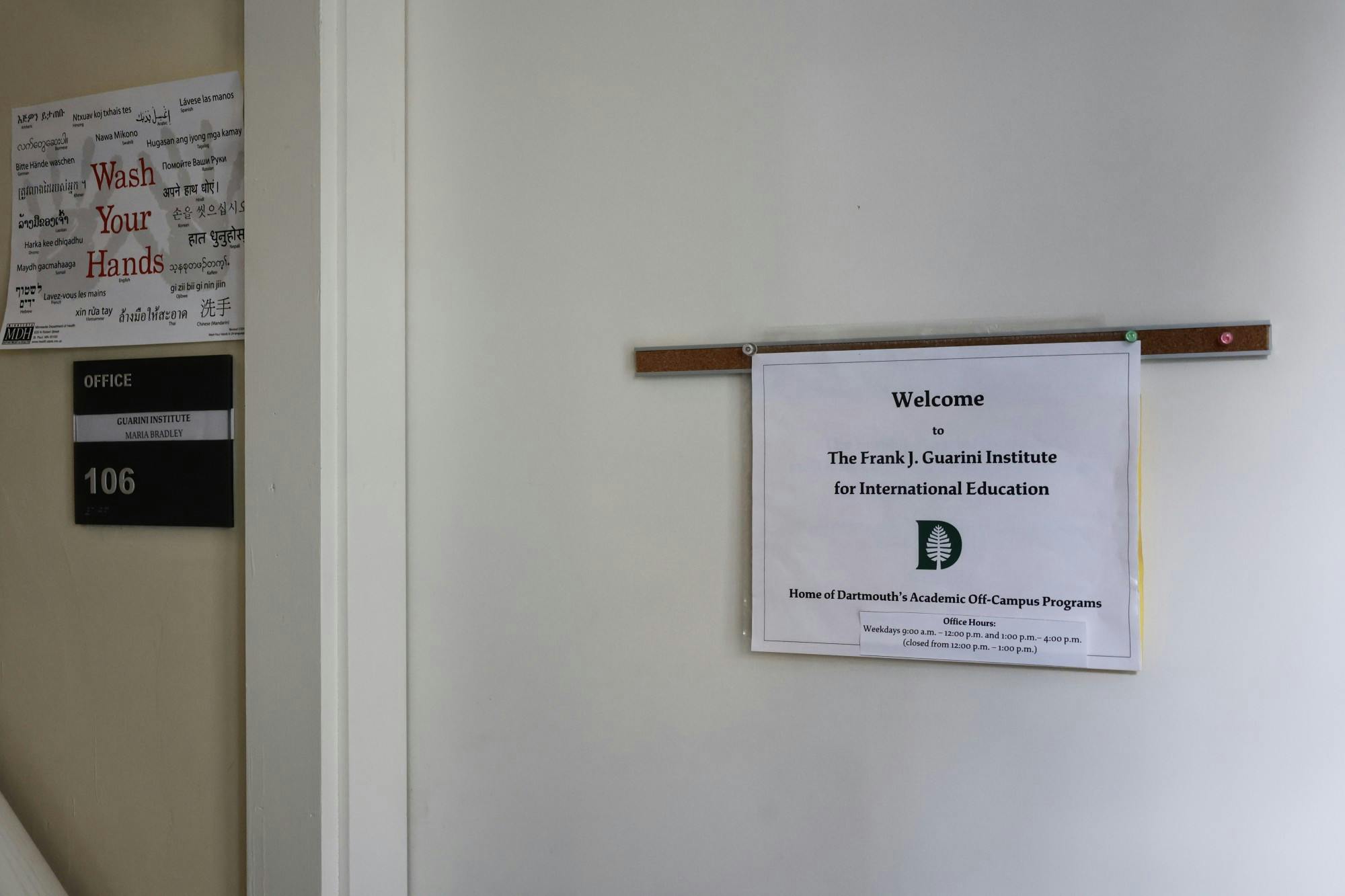The Frank J. Guarini Institute for International Education will run 13 off-campus programs this upcoming winter, compared to 34 offered in 2020, the last time overseas programs ran in the winter. These include the anthropology foreign study program, the biological sciences FSP, the Consortium of Advanced Studies Abroad exchange program, the film and media studies domestic study program, the French language FSP, the French language study abroad plus, the Italian language LSA+, the Keble College/Oxford exchange program, the Linguistics FSP, the Spanish FSP, the Spanish LSA and the Spanish LSA+.
The number of programs that will run this upcoming winter is an increase from the fall, when nine programs ran as planned and four were canceled. According to Guarini Institute executive director John Tansey, three winter term programs will change their locations as a result of COVID-19 concerns in the original host countries, but will not be canceled.
Because of New Zealand’s suspension of offshore visa processing through February 2022 and the country’s COVID-19-related border entry restrictions, both the anthropology and linguistics FSPs will be held in Hawaii instead of New Zealand, Tansey wrote in an emailed statement.
According to anthropology professor and FSP director Zaneta Thayer, her department’s program is centered around “Polynesian culture and the impacts of colonization” — themes which can “carry over easily” to the alternative location of Hawaii.
Thayer added that the program will now include more out-of-classroom experiences because of the pandemic.
The CASA exchange program, which was planned under the Consortium of Advanced Studies Abroad — a non-profit academic organization that includes 11 U.S. research universities — will take place in Seville, Spain rather than Havana, Cuba in the winter, according to government professor and program director Lisa Baldez. The Spain program still operates under CASA and has been made available to interested students.
Baldez said that the CASA program is no longer being offered in Havana because of low vaccination rates in Cuba as well as uncertainties around whether the University of Havana would be able to offer classes to foreign students.
“The questions about how the program would run on the ground made the risk just too great,” Baldez said.
Baldez emphasized the unique experience that the CASAexchange programs provide compared to College-sponsored LSAs and FSPs in allowing Dartmouth students to be “much more integrated” into the local community and university. She added that she is “devastated” that the program in Havana will not be running, but that she looks forward to the program’s continuation in future years.
“My hope is that we’ll run it in fall of 2022, and we’ll be back on the ground and ready to go.”
Even though some programs have experienced location changes, the majority are scheduled to run mostly as planned, and both faculty directors and students are eager to embark on their trips.
French professor Andrea Tarnowski said she is excited to return to Paris with students as faculty director of the department’s FSP this winter. The cancellation of the program over the past two years has been the longest gap in the program’s history, according to Tarnowski. She added that she is already busy preparing for the program as she organizes orientation sessions with students, considers her syllabus for the term and plans trips that will show students the different landscapes of France.
“It’s been such a gaping hole,” Tarnowski said. “International programs are something that Dartmouth really prides itself on and has invested a lot of time and reflection and resources in developing, elaborating and making as excellent as possible, so I’m looking forward to it.”
There will still be some changes due to COVID-19, Tarnowski said. Unlike past years, students will not be able to travel outside of France during the program and will be asked to fly directly into the country from the U.S.
According to Tansey, planning for programs in the current environment is more complicated than during pre-pandemic times. He noted that trip organizers have been tasked with sorting out many “complexities” related to the COVID-19 pandemic, including monitoring host country infection and vaccination rates, ensuring that host location health care infrastructure meets students’ demands and assessing border entry requirements. Planning can start a year or more in advance of a program, with detailed planning beginning at least nine months in advance, he added.
Ian Hsu ’23, who will be participating in the biology FSP in Costa Rica, said that he is excited for scuba diving in the tropics, snorkeling and seeing the Costa Rican rainforests. He added that he appreciates that the program is proceeding on schedule.
“I get worried about even a rumor that it might be canceled. Fortunately, that hasn’t been the case,” Hsu said.




